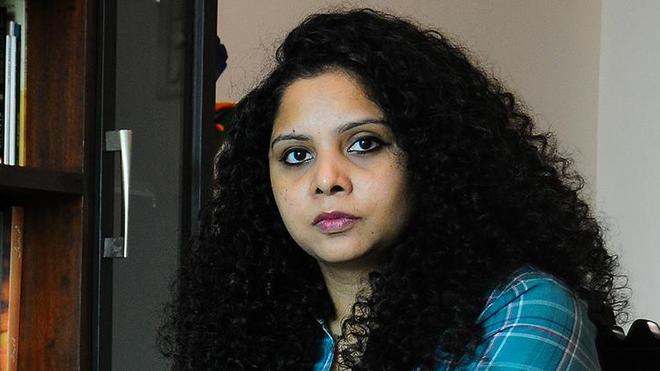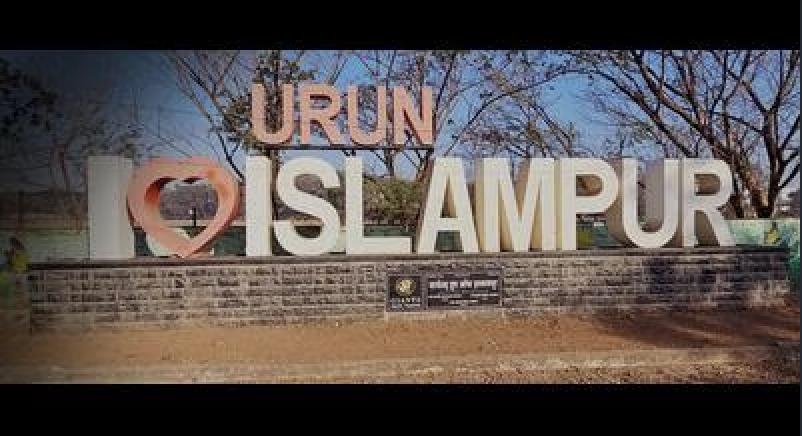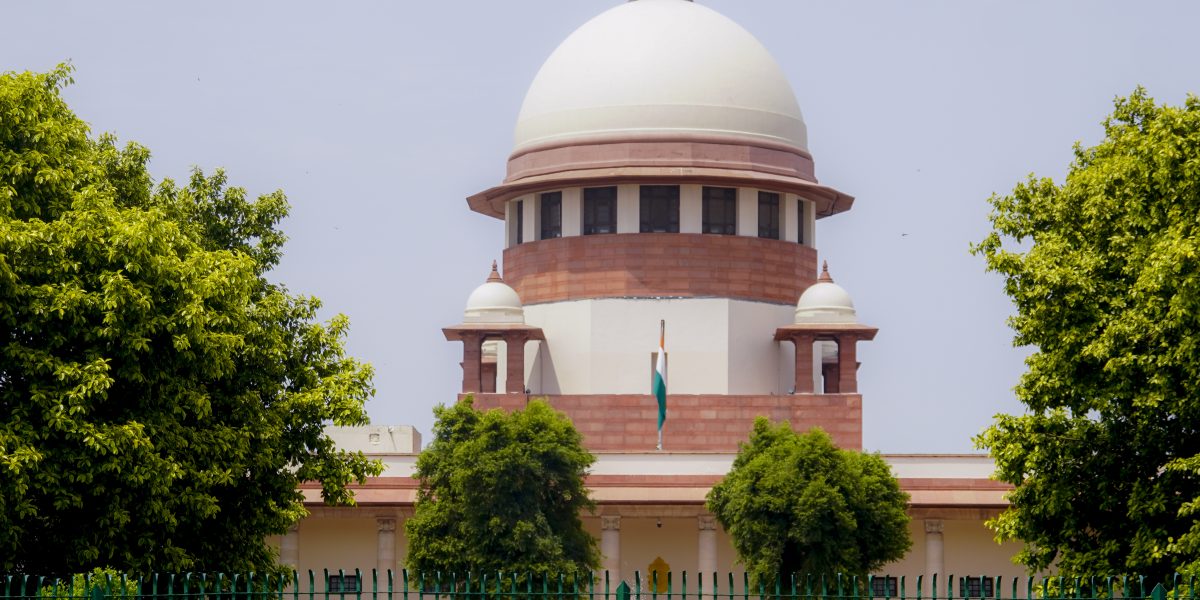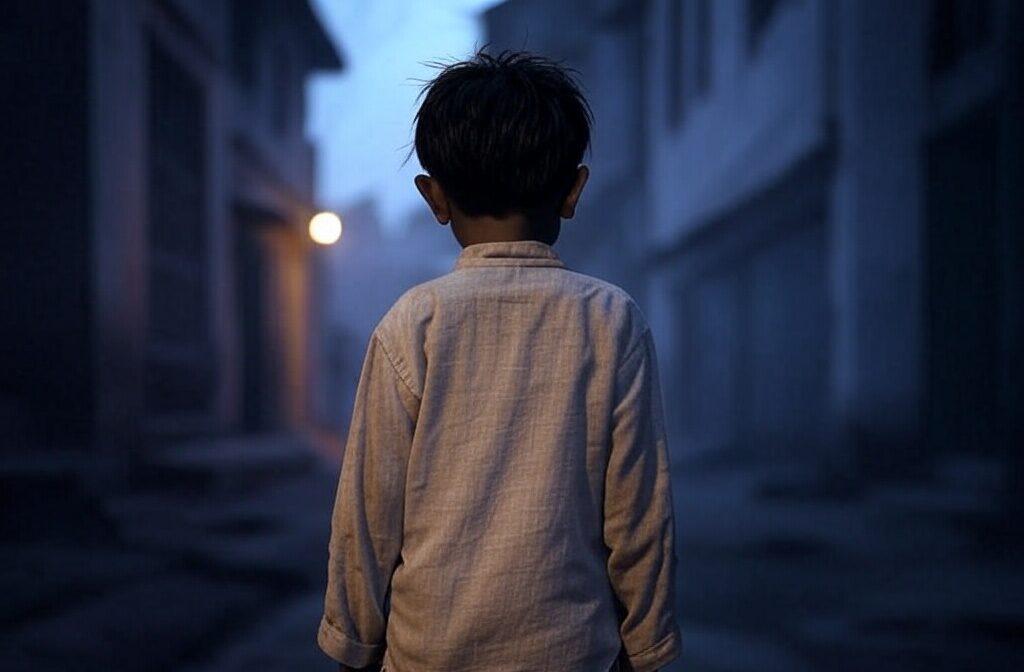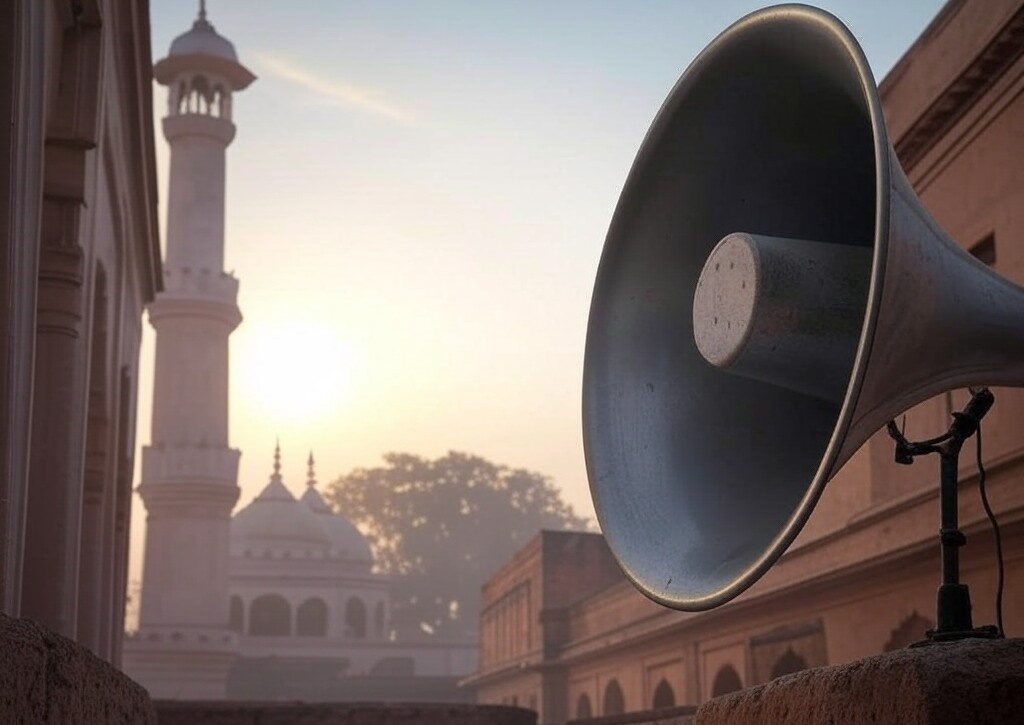By Kapil Sibal
Indira Gandhi declared a National Emergency on June 25, 1975, under Article 356 of the
Constitution on grounds of a breakdown of the constitutional machinery. Between June 25, 1975 and March 21, 1977, with the suspension of fundamental rights, several citizens of the country could not protect their liberties under Article 21 and 226 of the Constitution. The individuals targeted during this period, according to me, were not on trial. Instead, the courts were on trial.
The Madhya Pradesh High Court declared the suspension of fundamental rights to be
unconstitutional. But the Supreme Court let us down. Justice H R Khanna, the sole dissenter, became the beacon for generations to come, for all who cherish their freedoms, as he stood up for the cause of liberty and the fundamental values of our Constitution. He was superseded. Justice M H Beg was appointed as the Chief Justice of India.
What we are witnessing today is an undeclared Emergency where without suspending Article 226 and Article 21 of the Constitution, the fundamental rights of citizens are being transgressed with impunity through the misuse of the law enforcement machinery. Like in 1975, it is not the accused but the courts which are on trial.
We are watching in disbelief the way institutional independence is being jeopardised. Citizens who choose to oppose policies and diktats of this government are being targeted. ‘Jail not bail’ seems to have become the norm in certain ‘sensitive’ cases where individuals are critical of the government and its policies. They include journalists, students, academics and those working at the grassroots and espousing the cause of the underprivileged and the marginalised.
This story was originally published in livelaw.in. Read the full story here .


